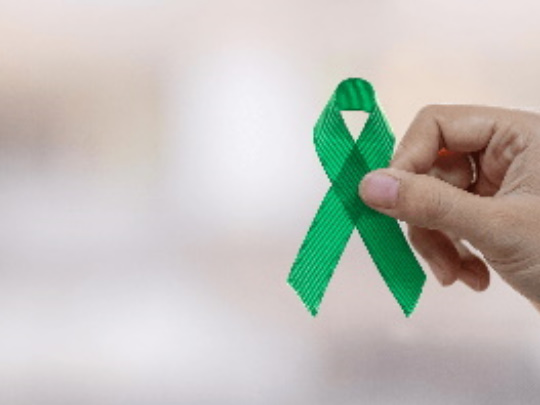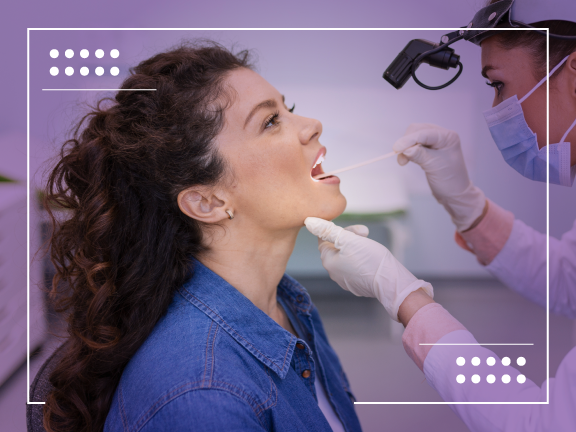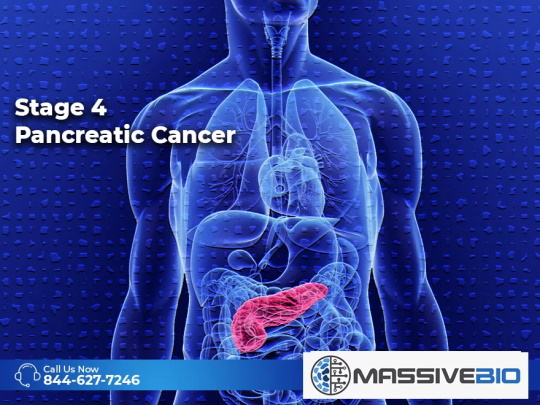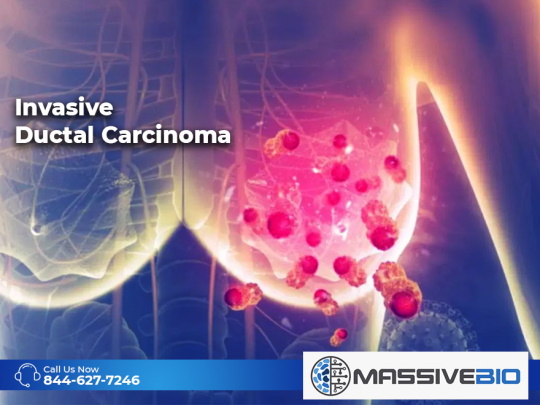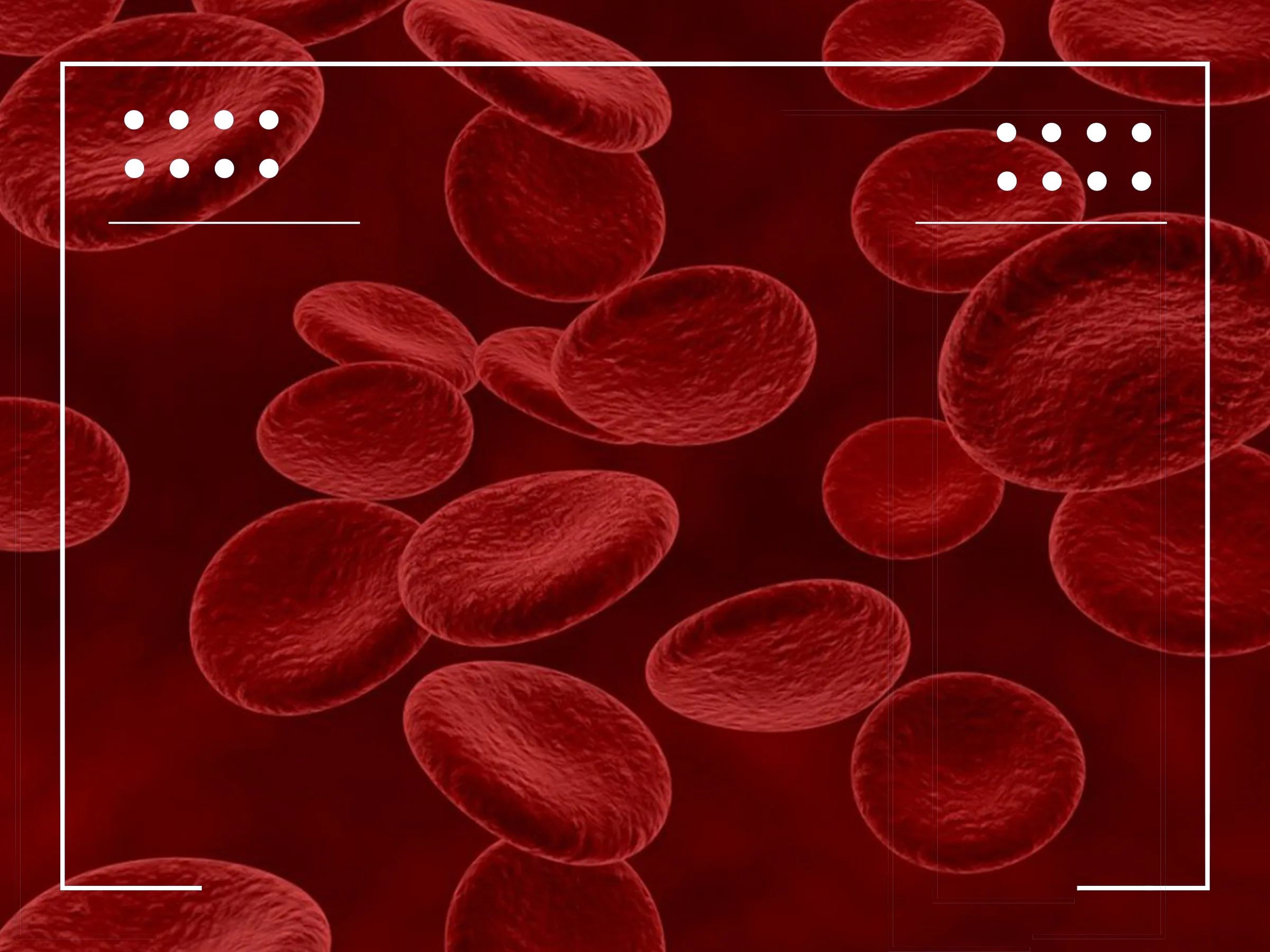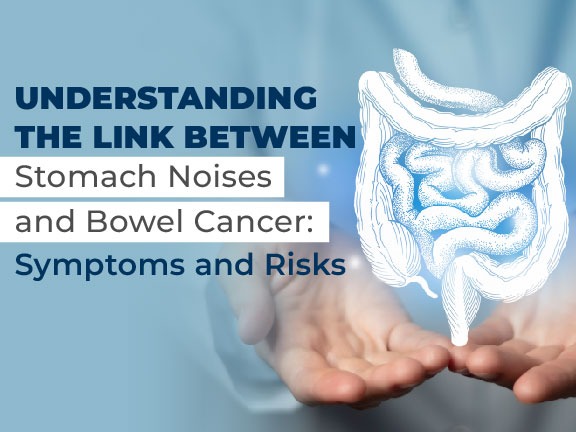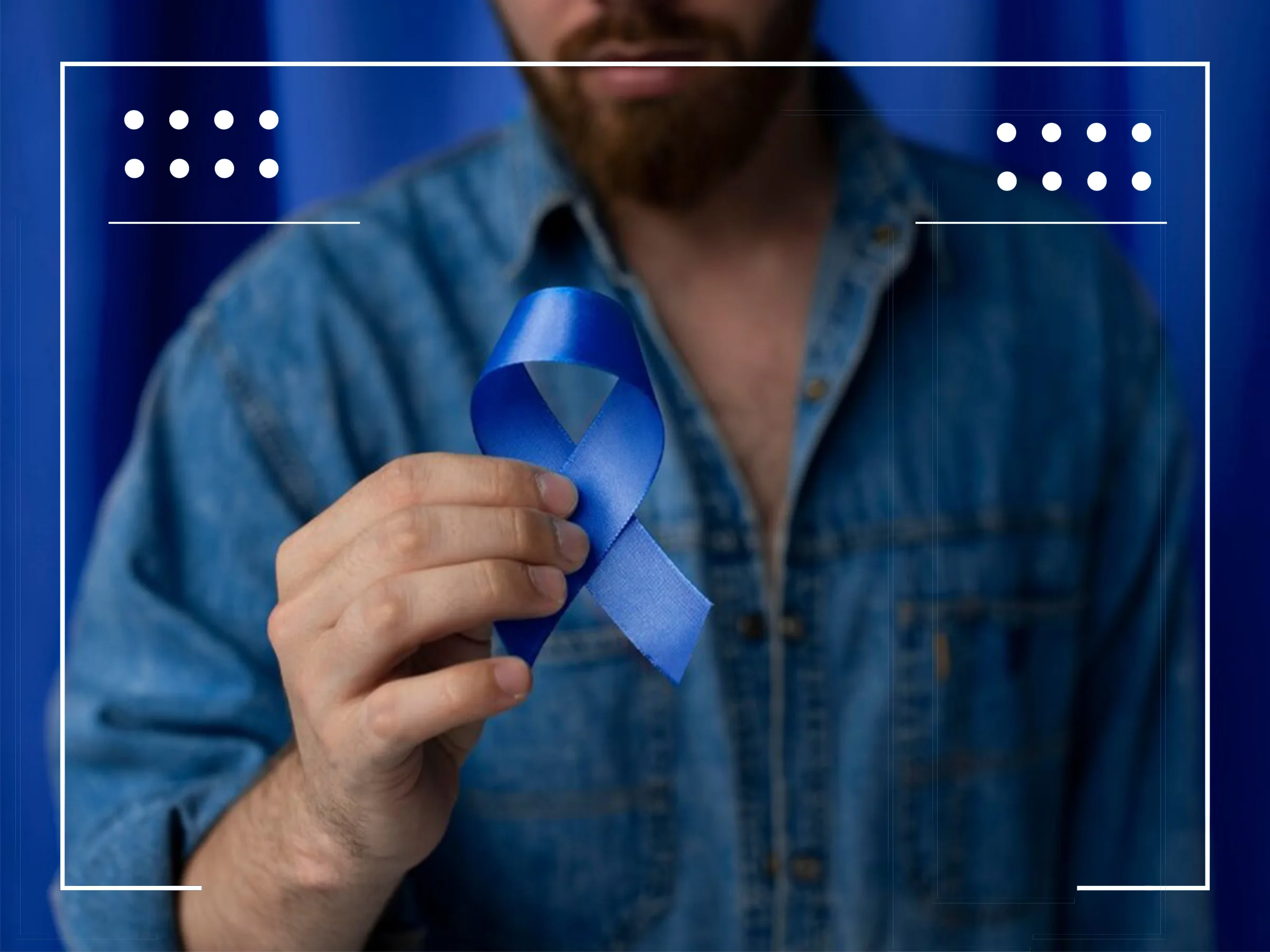What is Follicular Lymphoma?
Follicular lymphoma is the most common type of indolent non-Hodgkin’s lymphoma. Lymphoma is a cancer of the lymphatic system which includes the lymph nodes, the spleen, thymus gland, and bone marrow. Lymphoma can affect these organs initially as well as other parts of the body. Follicular lymphoma begins in the B lymphocytes and may spread to the spleen or bone marrow. Overall, lymphoma is the 7th most common cancer type. Lymphoma is more common in men than it is in females. Follicular lymphoma occurs in about 20 to 30 percent of all non-Hodgkin’s lymphoma cases.
Follicular Lymphoma Symptoms
Follicular lymphoma is indolent, so it progresses slowly, and some patients do not experience any symptoms at the time of diagnosis. However, symptoms often develop over time in these cases. For those who do experience symptoms, they are similar to other types of lymphoma, which include:
- Painless lump in the neck, groin, or armpit
- Fatigue and shortness of breath
- Night sweats
- Unexpected weight loss
What Causes Follicular Lymphoma?
Lymphoma occurs when white blood cells that fight infection (lymphocytes) grow out of control from genetic changes. A history of immune system problems can also be a risk factor for lymphoma. For Hodgkin’s Lymphoma, most cases are diagnosed in early adulthood, while non-Hodgkin’s lymphoma patients are typically older than 60. There are several infections that can lead to lymphoma including HIV, Epstein-Barr virus (EBV), and HCV.
Ask Our Experts Your Questions Now
Follicular Lymphoma Risk Factors
Unlike other types of cancers, lymphoma is not a hereditary disease and family history does not increase your risk of developing follicular lymphoma. In certain cases, there are a few known risk factors including:
- Radiation
- Cancer causing chemicals
- Old age
Follicular Lymphoma Prevention
There is no way to guarantee that someone won’t develop follicular lymphoma but following screening guidelines can ensure that if it does occur, it will be caught in early stages, which is much more treatable compared to a late-stage diagnosis. Other things you can do to reduce your risk of developing lymphoma are:
- Exercise regularly and eat a balanced diet to avoid obesity
- Take actionable steps to prevent HIV
To screen for lymphoma, doctors will often check for swollen lymph nodes on a patient’s body. Specifically, in the neck, armpits, and groin. Doctors often recommend a biopsy on a lymph node to see what types of cells are present. Also, bone marrow from the hip can be taken to look at any lymphoma cells that are present. To look for lymphoma cells in other parts of the body, imaging tests can be done. These tests include an MRI, CT scan, or a PET (Positron Emission Tomography scan.
Follicular Lymphoma Treatment
In some cases, Follicular Lymphoma can go away without treatment. Patients are monitored to see how the disease progresses. Sometimes Follicular Lymphoma can progress into more aggressive subtypes like diffuse large B-cell lymphoma. In some cases, follicular lymphoma can return after treatment is completed.
Standard treatment methods for follicular lymphoma include:
- Chemotherapy, often combined with a monoclonal antibody
- Radiation therapy
- Bone marrow transplant
- Targeted therapy
- Immunotherapy drugs, such as CAR T-cell therapy
Follicular Lymphoma Clinical Trials
There are approximately 1,442 Lymphoma clinical trials and 158 trials specific to Follicular Lymphoma that are recruiting patients in the United States right now. With such an extensive list, many of them could be beneficial for you. Our team of patient relations coordinators, who are oncology nurses, and our artificial intelligence based clinical trial matching system will find the best option for you.
With just a few clicks, you can see your clinical trial matches now. Click here to use our advanced clinical trial match tool.
How Do We Help Follicular Lymphoma Patients?
Massive Bio offers an independent cancer treatment analysis as well as free clinical trial matching for lymphoma patients. Our patient relations coordinators work closely with patients to gather information on their current medical status, and then will provide a list of options from available cancer clinical trials close to your home.
We can also provide a comprehensive case analysis through our Virtual Tumor Board from cancer specialists. The Virtual Tumor Board (VTB) is comprised of highly specialized oncologists from nationally-recognized Cancer Centers of Excellence. In just 7-10 days after receiving your medical records, we can get you a treatment plan without having to travel far distances and use your valuable time.
Source:



